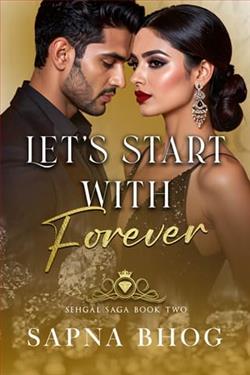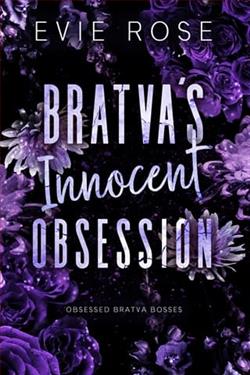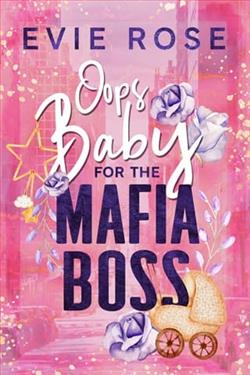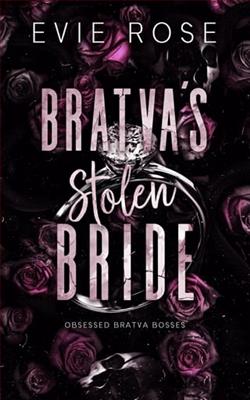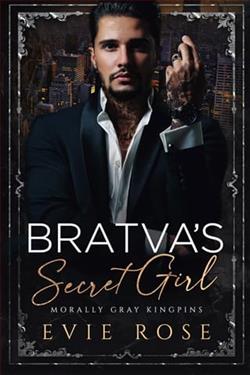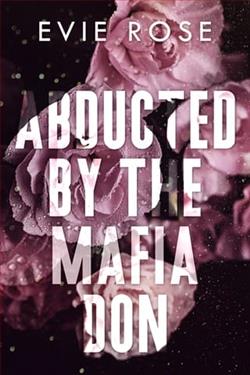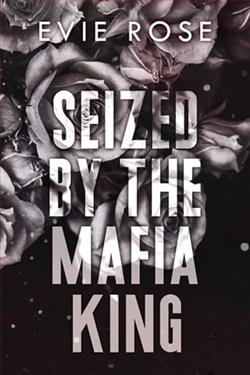Page 29 of A Devil in Silk
“We should trace his known movements this past week. He may have visited a shipping office or bought a ticket for the stage.” Thankfully, the man had a distinctive look and a memorable name. “We should consider the fact that he may have been murdered, too.”
They fell quiet as the heavy thought penetrated.
“We’ll keep an open mind until we’ve searched his lodging house.” The viscount removed a piece of paper from his pocket.“Scarth lives a short walk from here on Dartmoor Street, near the Cock Pit.”
“The Cock Pit? Is there a fight tonight?”
She knew many reformers were campaigning for the abolition of blood sports, while the crooks who profited found craftier ways to dodge protesters.
“Thankfully, no. These events draw unsavoury sorts, and according to Miss Nightshade, I’m destined to live a wretched existence.” He downed his wine, encouraging Clara to do the same. “Daventry loaned us an unmarked carriage, along with his coachman, Gibbs. He’s already parked on Dartmoor Street and will act as our watchman. I should warn you, he’s a no-nonsense sort of fellow.”
Clara knocked back the wine and stood. She’d rather deal with blunt men like Gibbs than ladies who tittered behind lace handkerchiefs and pretended not to stare. Better they ask about the eye patch outright than invent wicked stories in their heads.
The viscount rounded the table, his fingers settling lightly on her elbow. The brief contact stole her breath, absurd given the chaos of their lives. She had no business noticing the warmth of his hand when her freedom hung in the balance.
“Did Daventry give you a weapon?” he said.
“No. If I’m caught with a pistol or blade, it might be used as evidence against me in court.” She had nothing to rely on but her wits and the viscount who lingered in her thoughts far more than he should.
“Then stay close,” he urged.
How ironic. She had spent two years doing precisely the opposite.
When he saidclose, he meant it. His hand pressed gently at the small of her back, guiding her with quiet authority through the bustling crowd and into the yard.
“Take my arm,” he said, his insistent tone rousing her ire.
“You’re not in charge here, my lord.” But even as she bristled, she noted the defined bicep straining against his coat and cursed the foolish flutter in her belly. “We’re both agents of The Order.”
“True,” he said with a devilish grin. “But as agents, appearances must serve our purpose. We’ll blend into the background far better if people think we’re a couple.”
Mr Daventry had said much the same. To be an agent was to be the finest performer on the stage.
“And you mustn’t refer to my title,” he added. “Call me Bentley, and I’ll call you Clara unless you would prefer to use fictitious names.”
Things were getting out of hand, but she had no choice. She took his arm, telling herself it was all part of the performance. “We’ll use our given names. I’d rather not complicate matters further.”
He led her away from the Spread Eagle, his arm solid beneath her hand. Though the hour was late, the street still bustled with activity: ostlers shouting outside the inn, a groom wrangling with a stubborn horse, and the clatter of a returning stagecoach.
They turned into Dartmoor Street, the shadows deepening, the noise fading to the low murmur of voices from dark doorways.
“Daventry said Scarth lodges with Mrs Morven,” Bentley informed her as they passed a stationary carriage, its hulking driver tipping his hat. “A retired opera singer who rents rooms to gentlemen, provided they pay in advance and don’t annoy her parrots.”
“Parrots?” Clara would lay odds Mrs Morven was the eccentric sort who served sherry at breakfast and communicated through dramatic sighs. “I wonder if she’s taught the birds to singThe Barber of Seville.”
She groaned inwardly, wishing she had namedDon Giovanniinstead,not a story of duty, disguise, and impossible love.
When they reached Number 5, a narrow terraced house with faded playbills in the front window and velvet curtains the shade of crushed plums, the faint warble of birdsong echoed from within.
“Remember, if we’re to win Mrs Morven’s confidence,” Clara whispered as Bentley knocked firmly on the door, “we must be polite to her parrots.”
From inside came the soprano’s trill. “There’s someone at the door, my darlings, someone at the d-d-door.”
A beat later, a chorus of parrots echoed in shrill unison, “At the door! At the door!”
Clara pursed her lips, but a chuckle escaped. “I have a sudden urge to clap and throw them seed cake.”
Bentley looked at her and laughed. “Don’t, or we’ll have to suffer an encore. I fear she will insist on telling us how she once out-sang Rosina and stole Figaro’s heart in the same breath.”








